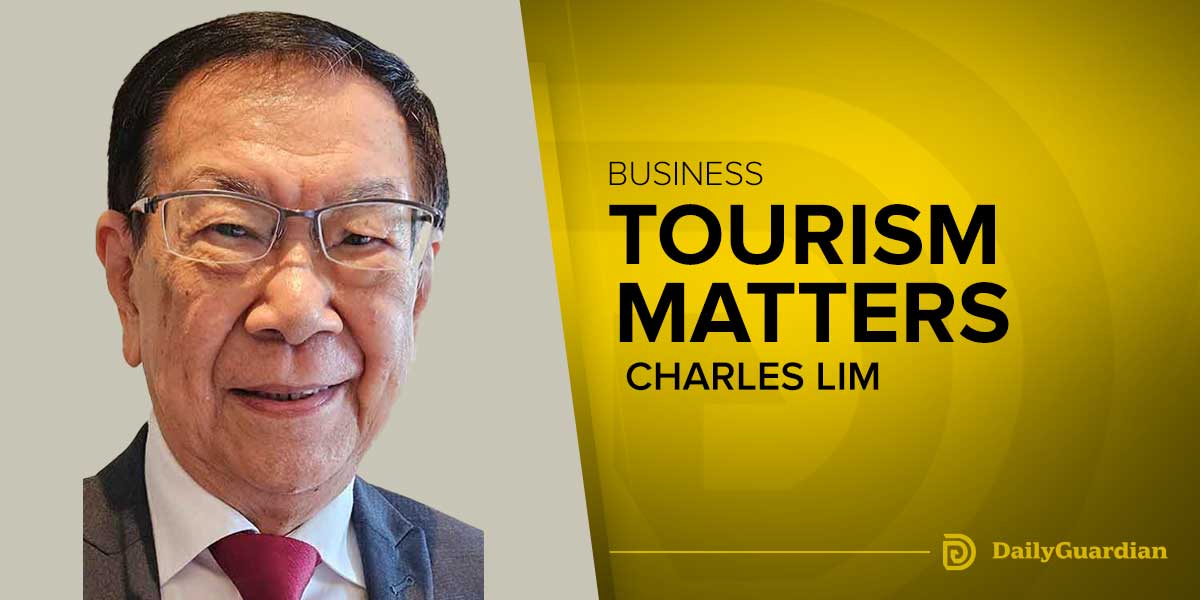By Prof. Enrique Soriano
In celebrating this powerful Lenten season, I would like to share a brief story of Austrian neurologist Viktor Frankl (1905-1997). He survived the Holocaust and wrote the bestselling book “Man’s Search for Meaning.” In that book, Frankl highlighted a very important point–that the most powerful motivation for humans is the drive to find meaning in life. He survived three years at the infamous Auschwitz concentration camp in 1942 under the wretched hopelessness of the brutal environment and was inspired by German philosopher Friedrich Nietzsche’s line, “He who has a ‘why’ to live for can bear almost any ‘how.'” Frankl understood that everything can be seized from a man except his freedom to choose his attitude, even under extreme distress, “We cannot avoid suffering, but we can choose how to cope with it, find meaning in it, and move forward with renewed purpose.” As he put it, “Life is never made unbearable by circumstances, but only by lack of meaning and purpose.”
“Why are we in business together?”
I want to raise the issue to all family-owning businesses… Why are you in business together with your siblings? Is it purely because of blood and money? Many skeptics are questioning the survivability of family firms in Asia and have started asking whether creating enduring companies under a patriarchal culture is really possible. The answer is a resounding yes, but the ultimate test lies in having a compelling and powerful sense of purpose.
“No matter whether you are a company, a family, or an individual,” says Sammy Lee, a 4th generation member of the 134-year-old global sauce giant Lee Kum Kee aspiring to reach 1,000 years. “You need to find the ‘why’ in life. Because whatever you do, you have to find your mission or purpose. Our mission is to be a role model in the business, helping the family and sharing. And we are here to represent the Chinese in making history!”
For Prof. Dennis Jaffe, one of the pioneers in ‘family enterprise’ consulting, each succeeding generation requires an increasingly sophisticated vision and dedication. “A generative family isn’t just a bunch of cousins who like each other. They are stewards of an extensive portfolio of assets,” he says. “Cousins have to get to know each other, and they have to decide what they want from their assets and how to manage them. In the second generation or third generation, the family builds an organization, representing all family members who choose to work together. They develop a representative group – a family council – and other task forces or workgroups to organize their activities.”
For multifamily enterprises struggling to find meaning in their existence and still hoping against hope to continue the legacy of its founders, finding the ‘why’ will define your longevity as it is a cause greater than oneself. As Willem Van Eeghen explained, “Longevity is not a guarantee, it’s something that you really have to fight for and every generation has to do it.” The Van Eeghen Group is no stranger to change. Founded in 1662, the family firm started its life as a commodity trading company and changed its strategy and moved into niche food markets and has kept that approach up to the present day.
In closing, the family business’ influential “why” is the bedrock for enduring family firms. The answers are crucial as every family goes through a turbulent period of generational change. As organizations pursue longevity, the challenge is on how they can codify, design, and bring to life a family-centric governance structure that anticipates family, business, ownership, and succession issues. A few weeks ago, March 26 to be exact, marked Victor Frankl’s birthday and the quote below constantly serves as a wakeup call for families to start the governance journey:
“Ever more people today have the means to live, but no meaning to live for.”






















